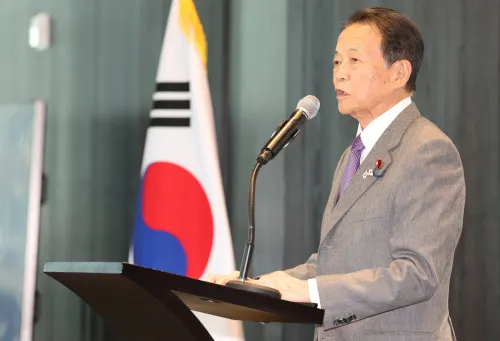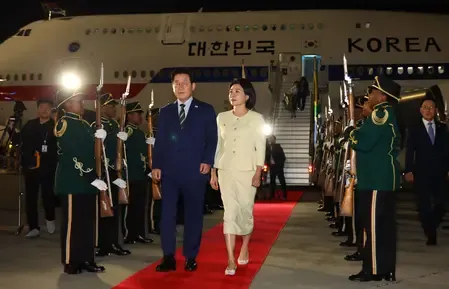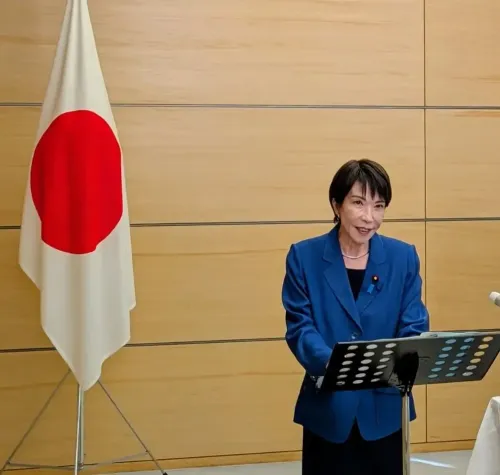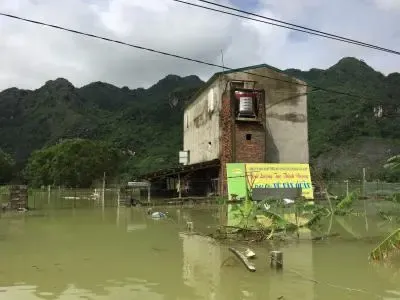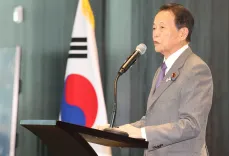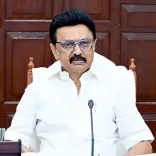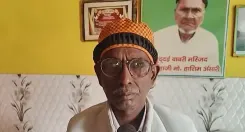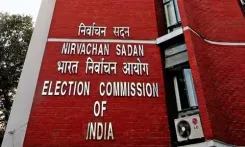How Did India Expose Pakistan Over Terrorism During UNSC Presidency Transition?
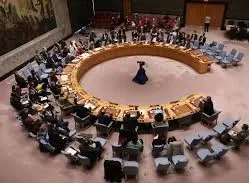
Synopsis
Key Takeaways
- India confronts Pakistan over cross-border terrorism
- Pahalgam massacre highlighted as a key issue
- Global concerns over terrorism are rising
- India's Operation Sindoor launched in response
- Pakistan's presidency at UNSC raises questions about its role
United Nations, July 1 (NationPress) As Pakistan took over the presidency of the UN Security Council on Tuesday through the usual alphabetical rotation, India has revealed Islamabad's role in cross-border terrorism, particularly emphasizing the recent Pahalgam massacre executed by terrorists supported by Pakistan.
This development coincides with global apprehension regarding escalating instability, as India initiated Operation Sindoor in direct retaliation to the assault.
On the eve of Pakistan's presidency, India proactively highlighted its involvement as a supporter of international terrorism by organizing an exhibition titled 'The Human Cost of Terrorism' at the entrance used by diplomats entering the UN building.
Diplomats will encounter visual evidence of terrorism linked to Pakistan not only in India but globally, such as the 9/11 attacks in the United States, where Osama bin Laden was sheltered.
External Affairs Minister S. Jaishankar stated that the exhibition aimed to expose those responsible for the devastation caused by terrorism and to advocate for a worldwide stance against terrorists.
Within the Council, Pakistan has collaborated closely with its steadfast ally, China, while Russia has aligned with them on various issues.
As it assumes the presidency, Pakistan will be limited by procedural rules and diplomatic customs in allowing member states to speak, propose resolutions, or convene meetings at the request of UN members.
The agenda for the month, referred to as the program of work, is established by consensus on the initial day of the Council's session. There have been instances, such as in 2023, when Russia obstructed it during the presidencies of the US and Albania, leading the Council to operate with improvised agendas.
In its presidential capacity, Islamabad can arrange high-level signature events and open discussions on topics of its selection.
Its Permanent Representative, Asim Iftikhar Ahmad, will lead most of the meetings, but Deputy Prime Minister Mohammad Ishaq Dar, who also oversees foreign affairs, or other leaders are anticipated to participate in those gatherings.
While Pakistan may propose US President Donald Trump for a Nobel Prize, it remains firmly aligned with Russia and China on key issues such as Iran and the Israel-Hamas conflict.
During last month's emergency session regarding Iran, Pakistan called for condemnation of the attacks carried out by the US and Israel.
Together with China and Russia, Pakistan presented a draft resolution denouncing the bombings by the US and Israel, although it was overshadowed by the ceasefire and would have faced a US veto regardless.
On the situation in Gaza concerning the Israel-Hamas conflict, Pakistan firmly supports the Palestinians.
In this context, during its UN speeches, Pakistan attempts to draw parallels between Palestine and Kashmir, although it has not succeeded in garnering broader support for its cause.
Pakistan, which was elected last year as a non-permanent member representing the Asia Pacific region, officially joined the Council in January.

